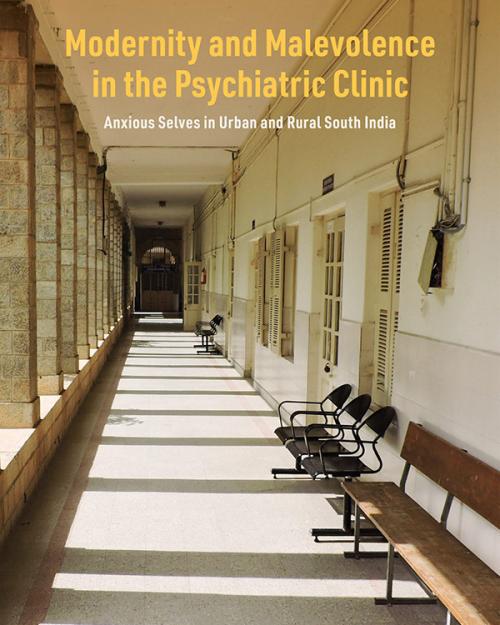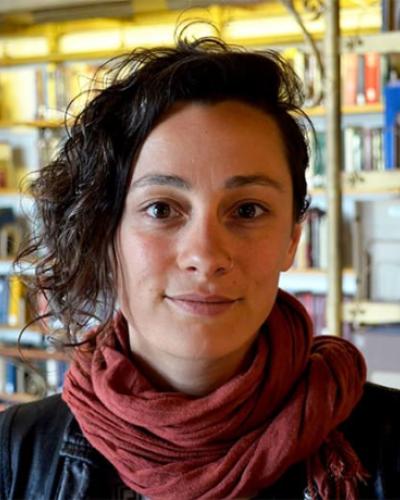Nominally a “transition” country, Turkey has become a waiting room for refugees from the Middle East and North Africa. As the tightening asylum policies of European and North American countries have severely undermined the prospect for refugees’ resettlement, hundreds of thousands of refugees have been stranded in Turkey with unpredictable legal status for an undetermined period of time. With this backdrop of heightened securitization of borders, my research asks: How do sexual norms and arrangements shape asylum and resettlement policies, and how, in turn, asylum—and more specifically, waiting for asylum—shapes sexuality?
My dissertation, “Waiting amidst Violence and Uncertainty: Queer and Trans Asylum in Turkey,” offers an ethnographic glimpse into individual and communal experiences of Iranian LGBTI refugees who lodged their asylum claims in Turkey, waiting for resettlement to the United States or Canada. Thanks to grants from the Wenner-Gren Foundation, Engaged Cornell, Mario Einaudi Center, and the Department of , I conducted eight-months of preliminary research and fifteen-months of ethnographic fieldwork, between 2015 and 2018, in three cities (Kayseri, Denizli, and Eskisehir) where the Turkish state temporarily settles LGBTI refugees. I conducted in-depth interviews and informal conversations with refugees; visited them in their homes and workplaces; attended their social events such as weekly lesbian meetings, film screenings, dance classes, and community picnics; accompanied them to various public offices such as hospitals, immigration authorities, and national NGOs; marched in protests with them; and collaborated with them in several art and community projects. I also conducted interviews with asylum lawyers, refugee rights and advocacy groups, and queer diaspora organizations that provide legal and financial assistance to LGBTI refugees.
My dissertation project explores how the practices and processes of the transnational asylum system shape Iranian LGBTI refugees’ individual and communal experiences. While refugees’ experiences are embedded in the everyday life of small Turkish cities, they are also tied to the international non-state actors’ humanitarian practices and to the third countries’ asylum policies. To answer my research question, thus, I address two sub-questions: How do LGBTI refugees navigate multiple asylum authorities, which make different, and at times even contradictory, demands on their bodies and sexualities? And, how do they make sense of their lives and identities while waiting under conditions of violence and uncertainty? As they are left in a limbo situation in Turkey due to the discriminatory asylum policies of the US and Canada, refugees are overwhelmed by unsafety of their present and uncertainty of their future. Yet, as my empirical findings suggest, they have also responded to different forms of violence and uncertainty through humor and sarcasm, queer art, political and communal organizing, alternative support and solidarity networks, and queer kinship ties.
Elif Sari is a PhD candidate in the Department of at Cornell University. Her research interests include gender, sexuality, borders, immigration, asylum, and humanitarianism with a particular focus on the Middle East. She received her bachelor's degree in Political Sciences and International Relations at Boğaziçi University in Turkey, and her master's degree in Near Eastern Studies at New York University, where she studied the intersections on sexuality, law, and violence by examining LGBTI asylum in Turkey. Her current research project explores the practices and processes of LGBTI asylum from the Middle East to the United States and Canada via Turkey, as well as the lives and experiences of Iranian queer and trans refugees waiting in Turkey. She also works on a collaborative documentary film project that sheds light on Iranian LGBTI refugees’ experiences of waiting in Turkey. She is co-editor of the Turkey Page at Jadaliyya e-zine.
Sari, Elif. “Making Up of Lesbian Refugees: Humanitarian Categories of Legitimacy and Authenticity,” Journal of Lesbian Studies, Special Issue: Lives that Resist Telling: Migrant and Refugee Lesbians (revised and resubmitted).
Sari, Elif. “Unsafe Present, Uncertain Future: Queer and Trans Asylum in Turkey.” In Queer Migrations 2: Illegalization, Detention, and Deportation, edited by Eithne Luibheid and Karma Chavez (forthcoming, the University of Illinois Press).
Igsiz, Asli, interviewed by Elif Sari. 2018. "Branding and Neoliberalism."In Authoritarianism and Resistance in Turkey: Conversations on Democratic and Social Challenges, edited by Esra Ozyurek, Emrah Altindis, and Gaye Ozpinar, 51-61. Springer International Publishing.
Sari, Elif and Cemile Gizem Dincer. 2017. "Towards a New Asylum Regime in Turkey?" Movements: Journal for Critical Migration and Border Regime Studies. Issue 3 (2): Turkey's Changing Migration Regime and Its Regional and Global Dynamics, 59-79.





